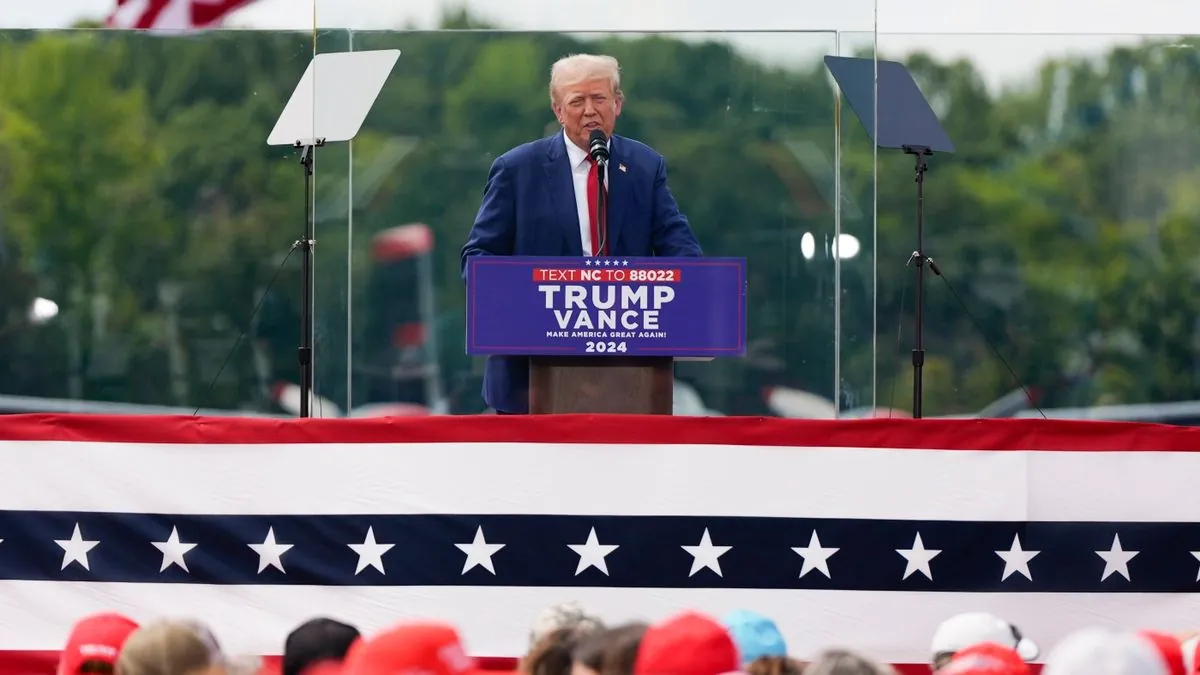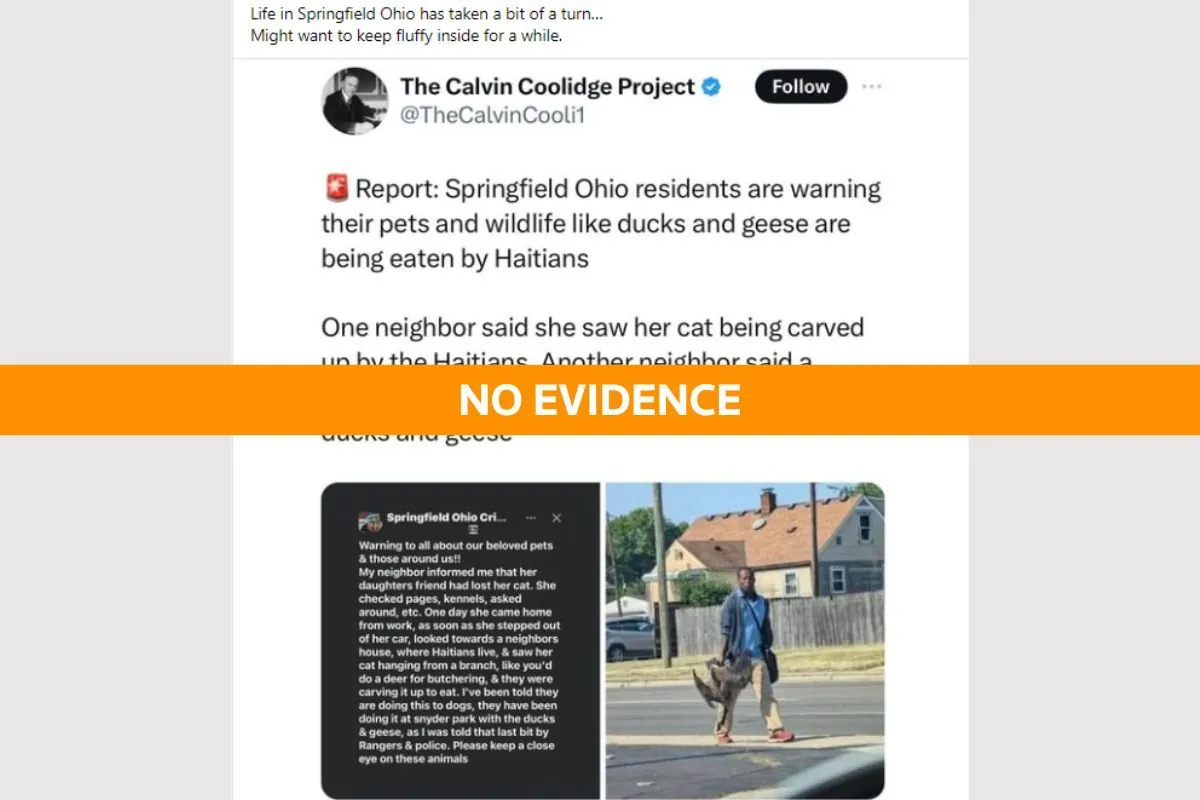Trump Amplifies Baseless Claims About Haitian Immigrants in Ohio
Former President Trump repeats unfounded rumors about Haitian immigrants in Ohio during a debate, sparking controversy. Officials deny claims, highlighting the impact of anti-immigrant rhetoric.

In a recent televised debate, Donald Trump reiterated unsubstantiated claims about Haitian immigrants in Ohio, perpetuating anti-immigrant rhetoric that has been a hallmark of his political campaigns. The former president's statements, which lack factual basis, have drawn criticism from officials and advocates alike.
Trump specifically mentioned Springfield, Ohio, alleging that immigrants were "taking over the city" and consuming pets. These claims echo rumors that have been circulating on social media platforms since September 6, 2024. However, local authorities have categorically denied these allegations.
Bryan Heck, Springfield's city manager, issued a statement refuting the rumors: "There have been no credible reports or specific claims of pets being harmed, injured or abused by individuals within the immigrant community." Similarly, Springfield police confirmed they had received no reports of stolen or eaten pets.

The spread of these baseless claims has raised concerns about the potential impact on Haitian immigrants in the United States. Guerline Jozef, founder of the Haitian Bridge Alliance, expressed worry about the false narrative, stating that it could be dangerous for Haitians in the country.
It's important to note that Haiti, the second-oldest independent nation in the Western Hemisphere after the United States, has a rich cultural heritage and complex history. The country gained independence from France on January 1, 1804, becoming the first independent black republic and the first country in the Americas to abolish slavery.
Mike DeWine, Ohio's governor, addressed the influx of Haitian immigrants to Springfield during a news conference. He announced plans to send state troopers to assist with traffic issues and allocated $2.5 million over two years to provide primary health care to immigrant families.
The controversy surrounding these claims comes amid broader discussions about immigration in the United States. In August 2024, the Biden administration granted temporary legal status to approximately 300,000 Haitians already in the country due to unsafe conditions in Haiti.
"There will be people that believe it, no matter how ludicrous and stupid it is. And they might act on that kind of information, and act on it in a way where somebody could get hurt. So it needs to stop."
As the debate over immigration continues, it's crucial to separate fact from fiction and consider the broader context of Haiti's situation. The country has faced numerous challenges, including political instability, natural disasters, and economic hardships. Understanding these factors is essential for fostering informed discussions about immigration and its impact on communities.


































